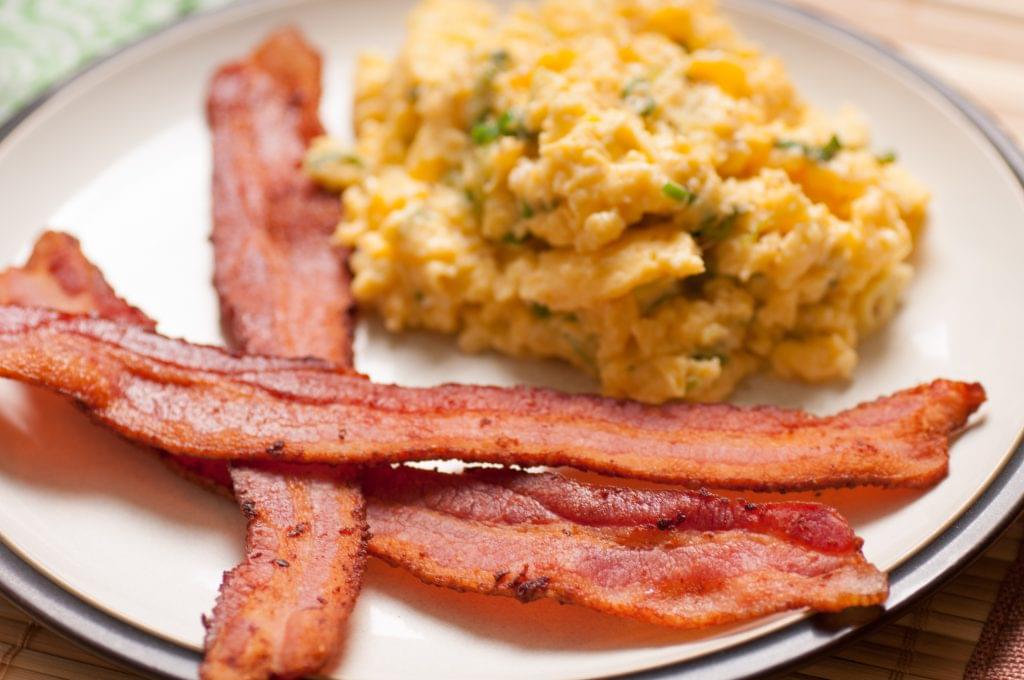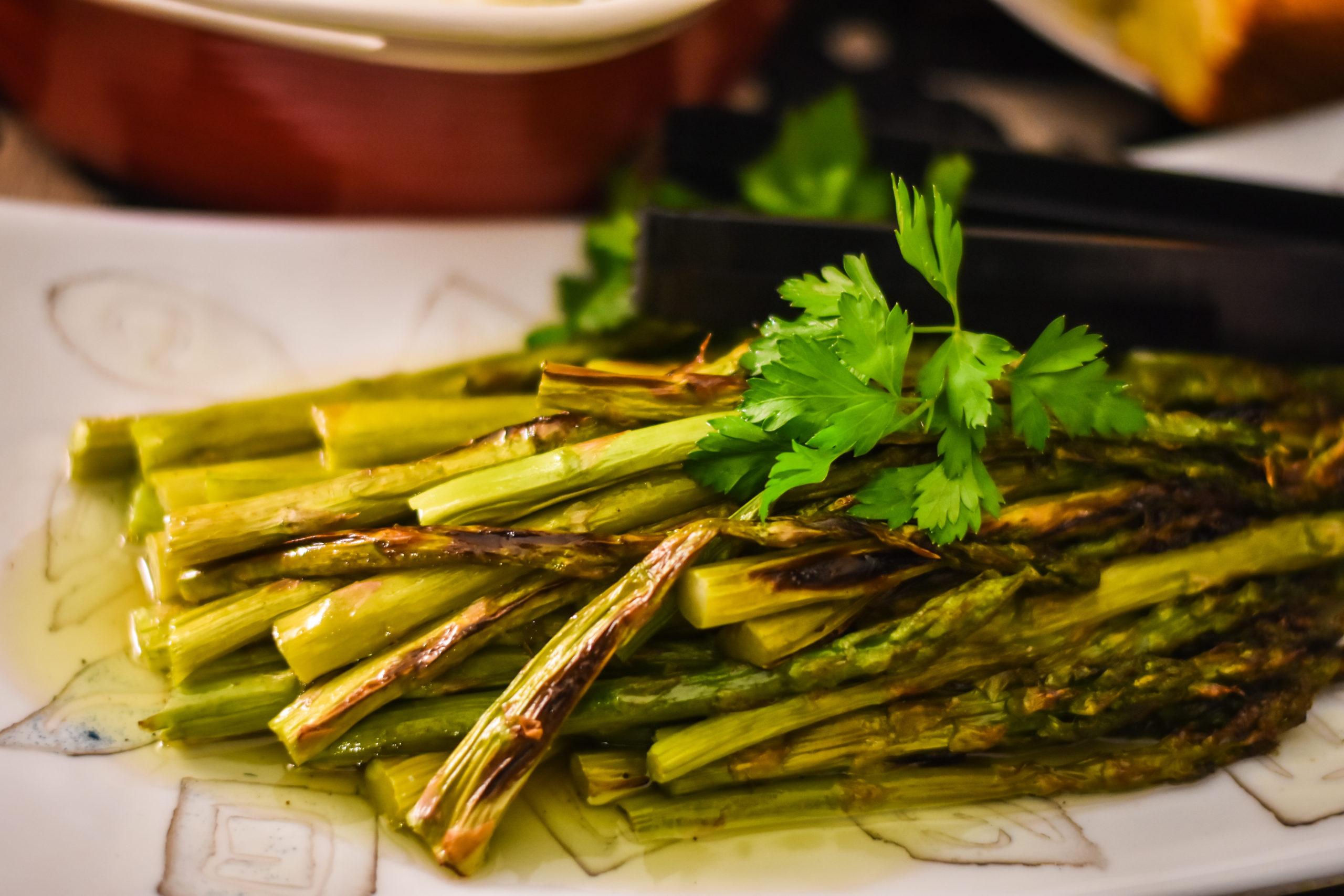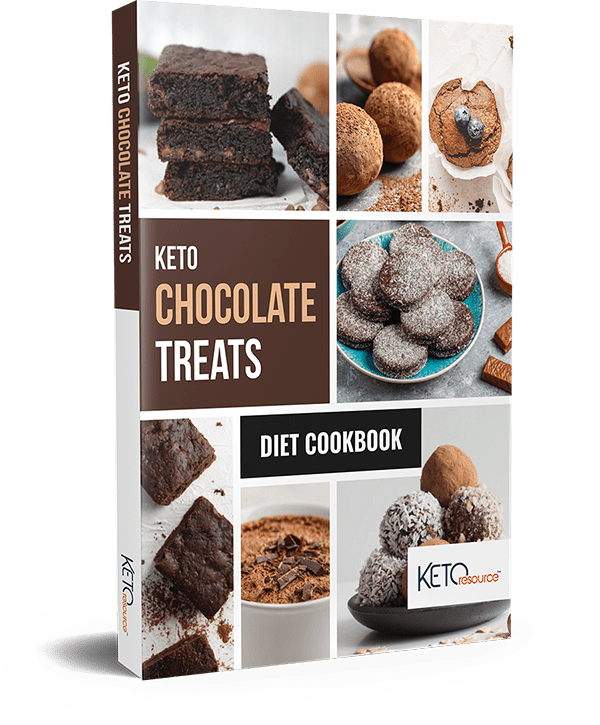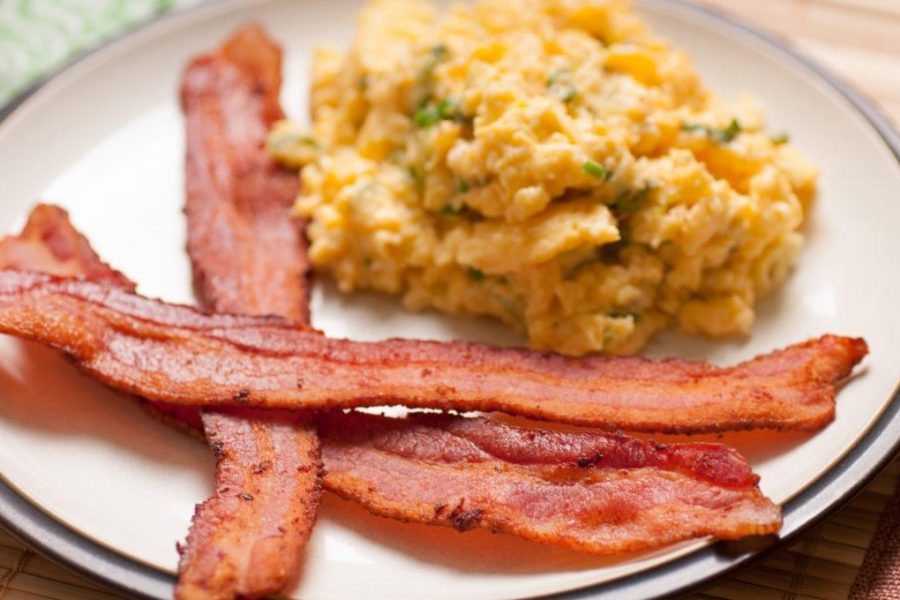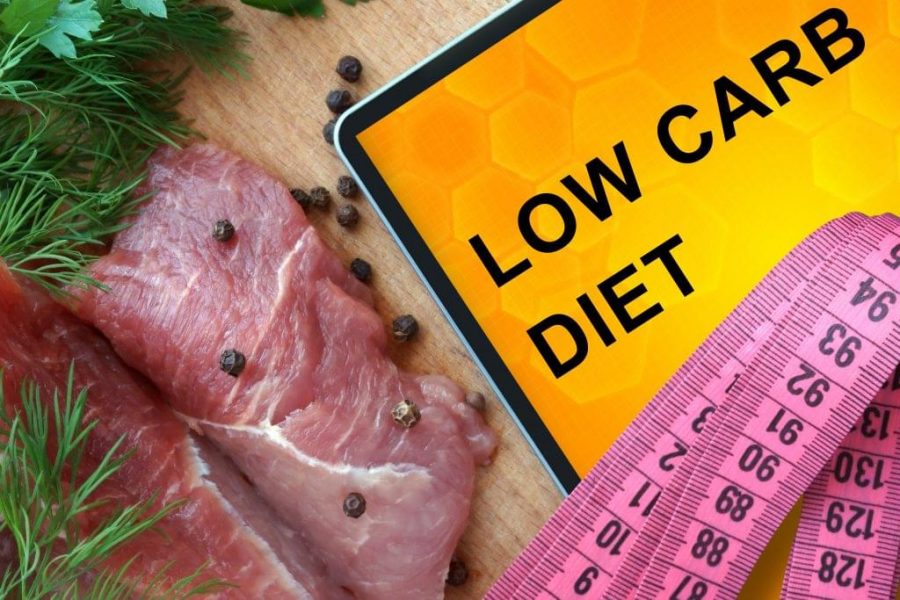Keto Constipation | Constipation on Ketogenic Diet | Keto Diet Constipation
It’s not uncommon for keto diet practitioners to experience constipation. Often, the initial worry is that the constipation is being experienced due to a decrease in daily fiber intake. To debunk this myth, it’s important to know one simple fact: constipation is the result of too much fiber intake. Constipation is the result of what you ARE eating, not what you aren’t eating! Fiber is hard for our body to digest, and therefore will result in constipation. With the ketogenic diet, your meat consumption is increased. Once the first train of thought is debunked, it is easy to move to the thought that constipation comes from too much protein intake. Unlike the theory, meat is actually easier to process in the body compared to fiber. So this train of thought is also debunked.
If you are experiencing constipation on the keto diet, and did not experience it previously, it is most likely the result of the new foods you have added to your diet. In an effort to consume more fat, we often add new, and possibly hard-to-digest, foods to our diet. Here, we will take a look at some of the causes of Keto Diet Constipation, as well as ways to cure it.
Constipation on a Ketogenic Diet

Because the ketogenic diet is a high-fat, low-carbohydrate diet, you will be eating more fat-filled foods than ever before. Most dieters end up introducing new types of healthy fat to their diet, to achieve their fat macros for the day and enter ketosis. Many high-fat foods are notoriously hard to digest, like nuts, fatty seeds, and dairy products. Those, along with vegetables with little starch, are among the top 5 foods to cause chronic constipation.
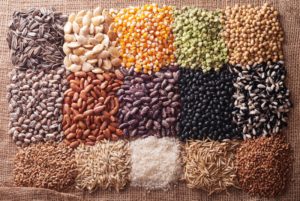 Grains are also very complex for humans to digest, due to the fact that grains contain gluten. Gluten is a sticky protein that is hard for natural body enzymes to break down, and also falls on the list of foods to cause constipation.
Grains are also very complex for humans to digest, due to the fact that grains contain gluten. Gluten is a sticky protein that is hard for natural body enzymes to break down, and also falls on the list of foods to cause constipation.
If you cut down these products but still experience constipation, you might have hypersensitivity to some foods, such as eggs. Eggs are among the top 9 foods to experience sensitivity. Another food to be wary of is beef. Beef can also cause hypersensitivity due to the cross relativity of dairy from cow proteins. However, these cases of hypersensitivity are very uncommon, yet are worth mentioning.
Vegetables and Fruits

Vegetables, especially legumes, are notoriously hard to digest. Unlike humans, who are omnivores, herbivores usually have special digestion techniques to help aid in protein breakdown (even an extra stomach to store energy).
On the other hand, fruit is among some of the easiest nutrient groups to digest due to the carbohydrate richness. Consuming too much will, in fact, ease constipation! The sugar alcohol in fruits can actually be used as a natural laxative for digestion. Due to the high amount of carbohydrates, ketogenic dieters need to avoid most fruits. However, some low carbohydrate fruits, like cucumbers, tomatoes, olives, and squashes are open to consuming. Just make sure to keep track of the amount of carbohydrates taken in daily. A helpful tip to remember is that any vegetable that has seeds is actually a fruit. It is easily digestible due to the carbohydrates when ripe.
Curing your Keto Constipation
Now that you understand why you are experiencing constipation, here are some tips to staying regular.
- Eat more fat — Stick to easily digestible options.
- Drink Plenty of Water — A helpful tip to ease constipation while on a ketogenic diet is to drink lots of water to replenish the body. Hydration offers many benefits to the body. Dehydration actually hinders the digestion process. Be sure to drink your full recommended amount of water every day!
- Lemon water is a known quick remedy for constipation. Don’t believe it? Constipation could be an indication you are dehydrated, lemon water helps rehydrate. The citrus helps balance your ph levels.
- Take Magnesium Supplements – This is recommended from day one. Taking magnesium helps with your cramps and keto flu symptoms, as well as your digestion and regularity.
- Try this special oil – this product burns fat, improves digestion and often times eliminates Irritable Bowel Symptoms (IBS).
- Cut out nuts — and fatty seeds if need be. Staying away from these hard to digest foods can help your digestion process.
- Try coffee — This is a natural laxative, and should help your digestion.
- — Technically, fruit is any vegetable that has seeds. Fruits are easy for your body to digest. Be VERY careful of the carb content, and don’t splurge.
Keto Constipation | Constipation on Ketogenic Diet | Keto Diet Constipation





